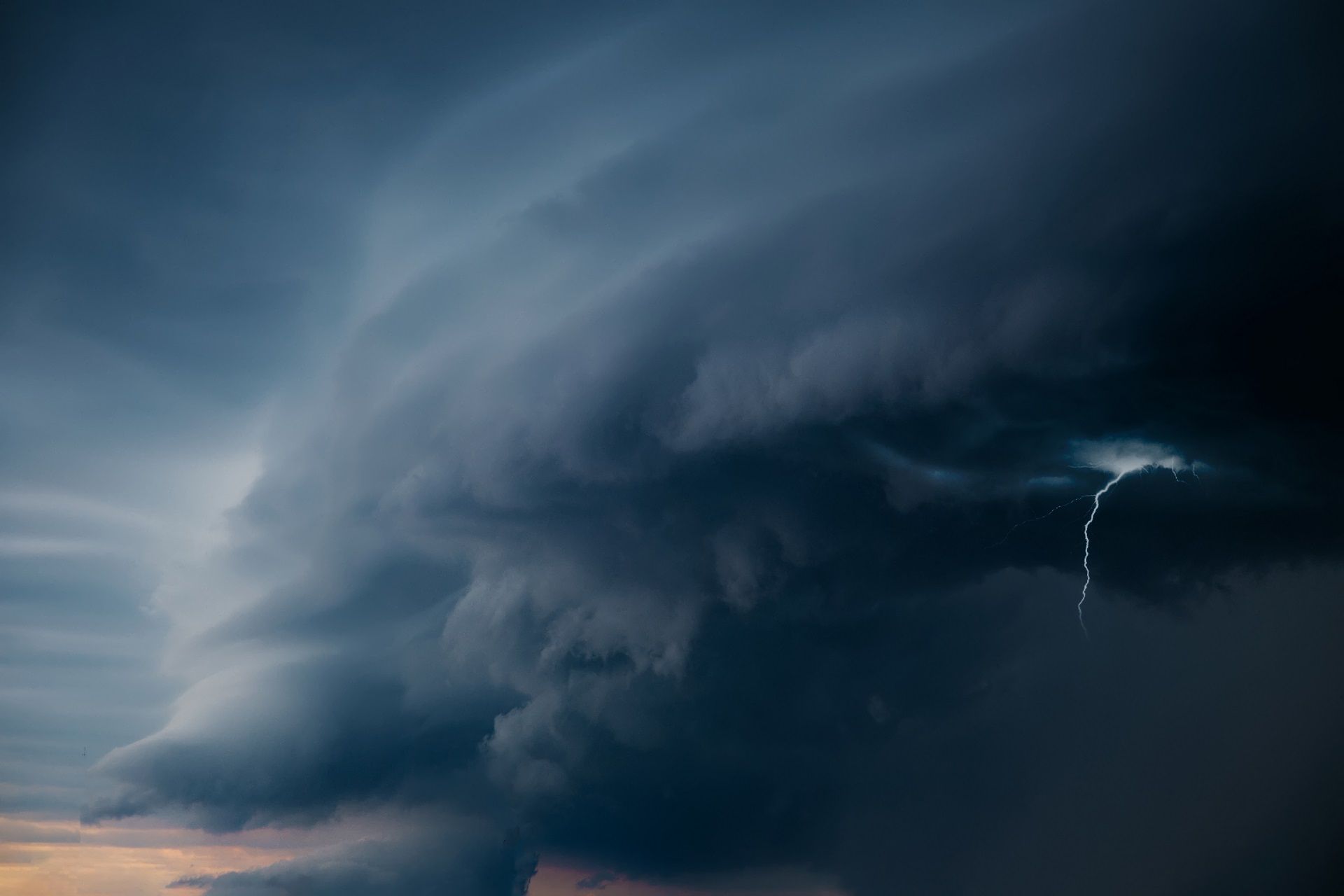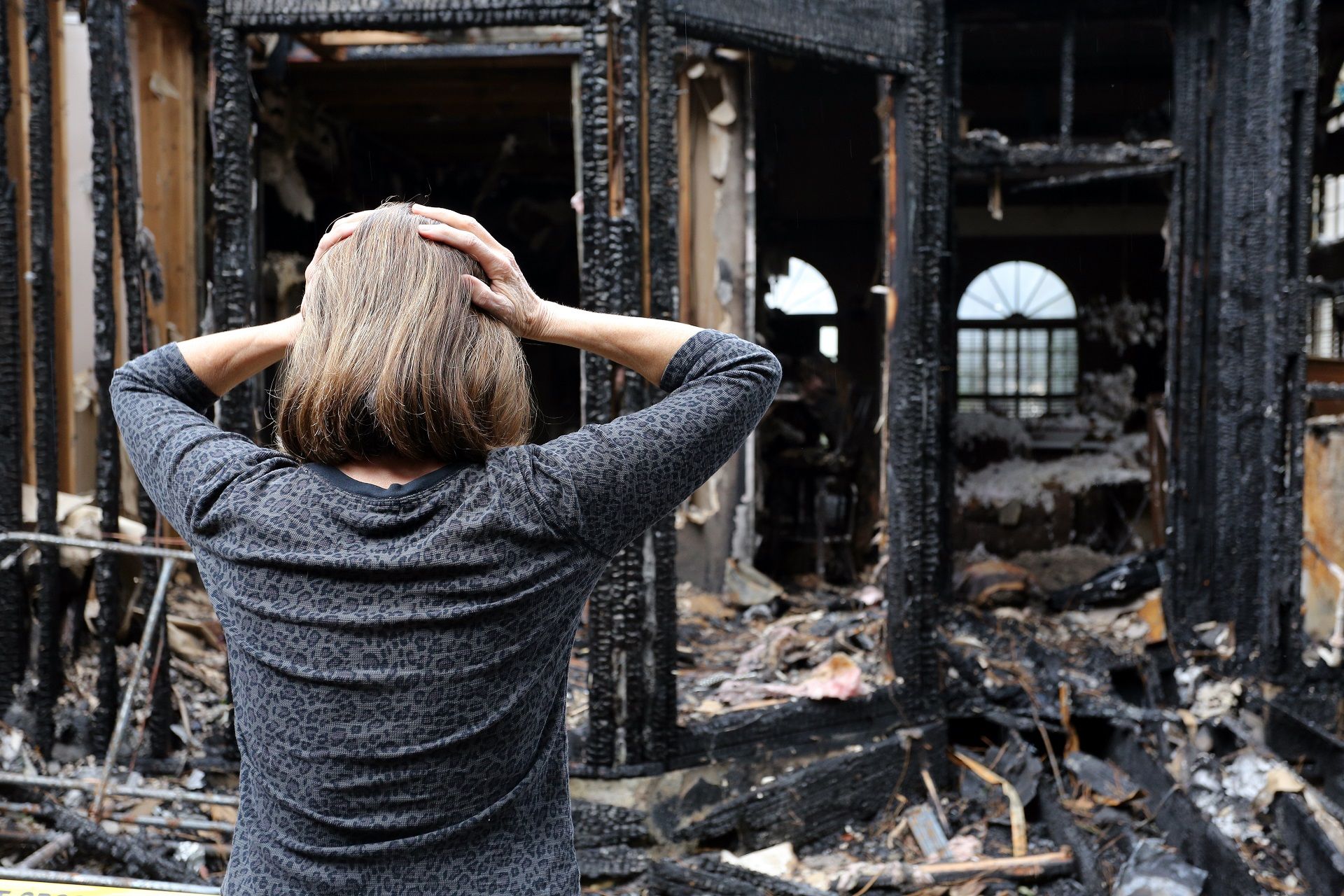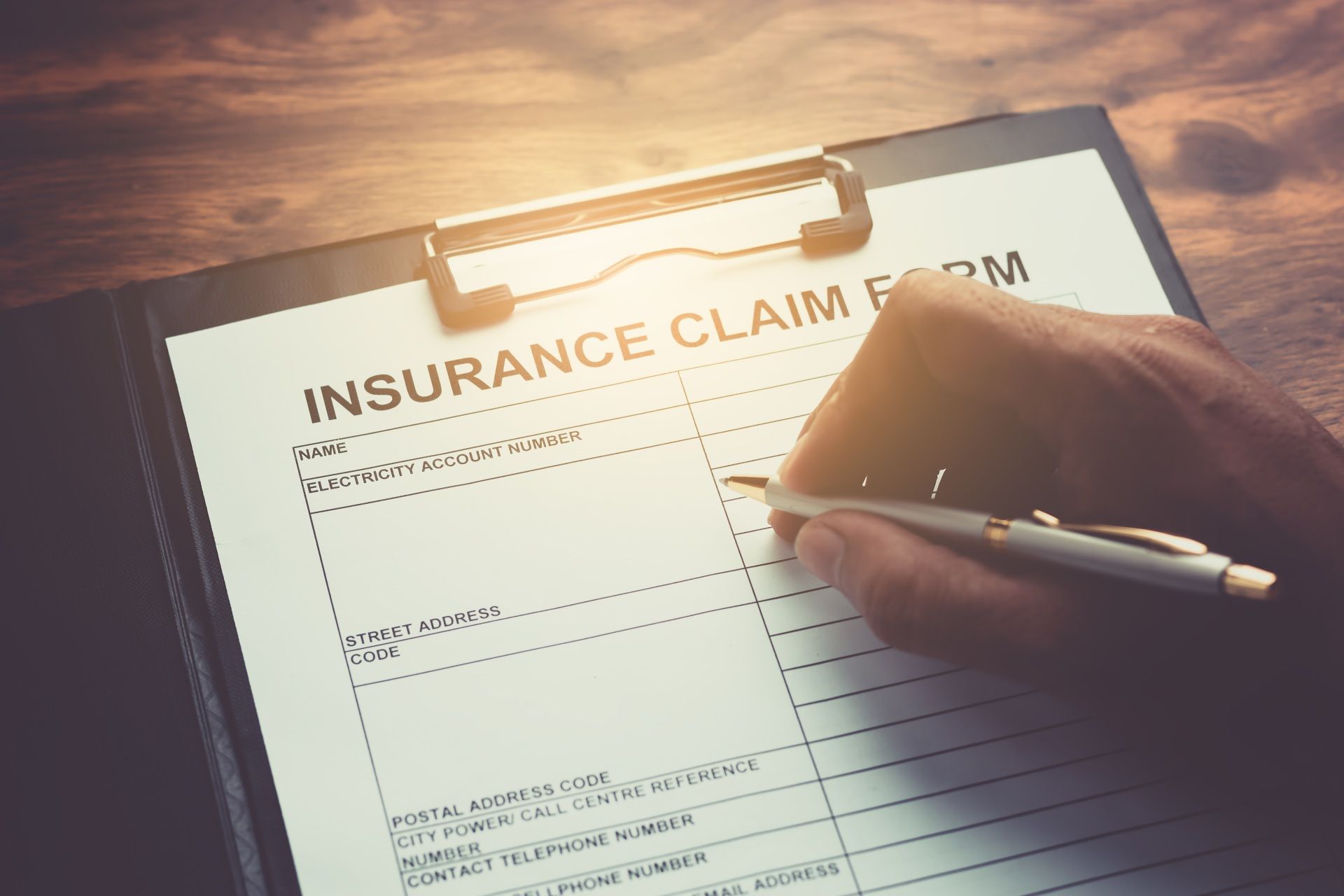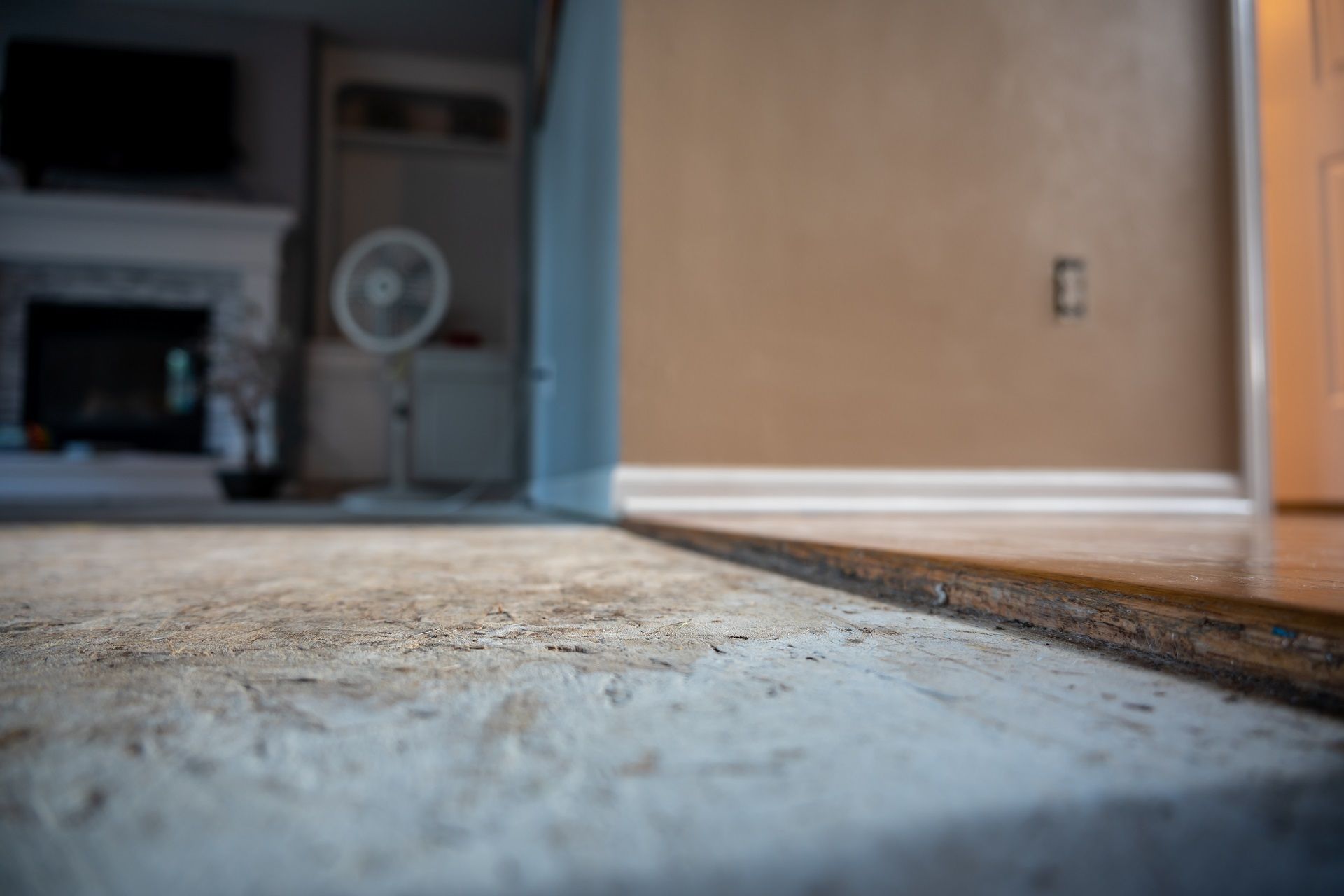What is Meant by Failure to Mitigate?
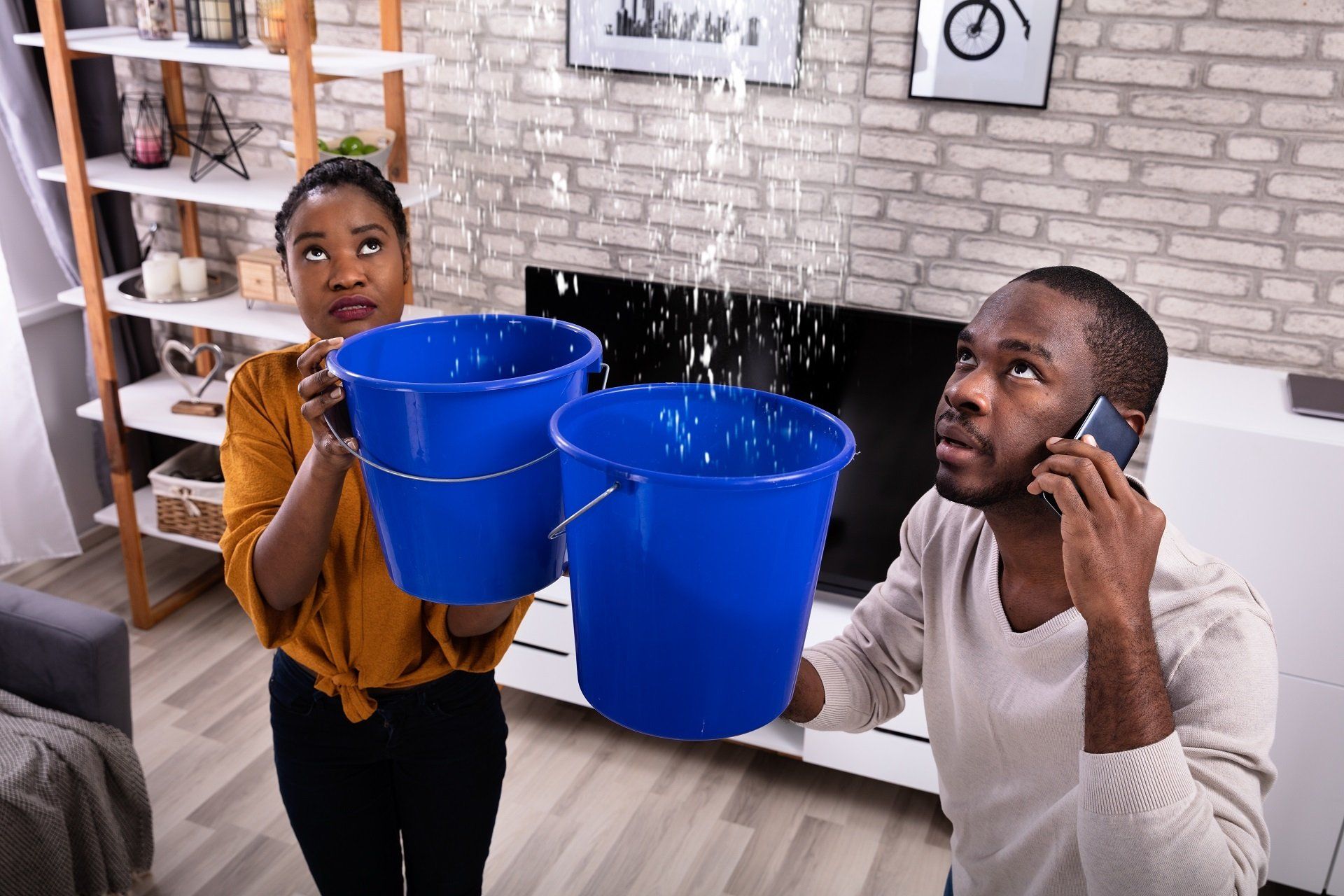
After a loss from fire, wind , or water, it is the responsibility of the homeowner to take reasonable action to make sure that further loss does not occur.
Most of the time, the first thing on a homeowner’s mind is not whether or not they have done everything necessary to fulfill their obligations under the terms of their policy. Having a public adjuster to walk through the process is one of the best things a homeowner can do in the event of a high-value loss. But, there are other common-sense actions when preventing secondary damage after a loss occurs.
Negligence and Insurance Coverage
Usually, homeowner’s insurance will cover a loss, even when that loss is a direct result of negligence on the part of a homeowner that leads to a catastrophic event. This is different from, say, negligence that results in mold growing under the kitchen sink for an extended period of time.
For example, if a meal on the stove was left unattended and started a fire that caused significant damage to the rest of the structure, the insurance company would pay for the fire damage claim, even though the fire was caused by an act of negligence on the part of the insured.
After the loss occurs, however, if steps are not taken to prevent further damage, the insurance company is well within its right to reduce or refuse coverage for the ongoing loss. A public adjuster who is on your side can help you determine what reasonable steps you should take after a loss to mitigate further damage.
Avoidable Losses and Damage Mitigation
The homeowner who has suffered a loss has the responsibility to make sure that as little damage as possible occurs to what remains of their property. This includes taking steps such as putting tarps over a damaged roof to mitigate new water damage or moving items away from damaged areas.
For instance, assume in the above-mentioned hypothetical of fire loss where the insured caused a kitchen fire through negligence, and the stove shared a wall with the garage. In that case, the homeowner should relocate the vehicle in the garage and any other valuable possessions that could be damaged as a result of any structural weakness that could be caused by the fire.
The issue of a damaged vehicle was specifically addressed in an old failure to mitigate case called Suttir v. Indemnity Co. of America, St. Louis, Mo., in Illinois state court. The court, in that case, did not hold the insurance company liable when damage occurred to a car when nearby walls collapsed after the house suffered prior fire damage.
The court maintained that the insured had reason to believe the walls of the building could collapse, and the insured failed to take adequate steps in mitigating damage by moving the vehicle to a different location. Therefore, the court reasoned, the insurance company should not be responsible for any more damage reimbursement.
Partial Recovery of Damages
Every insurance policy is different. So, the damages that are covered vary depending on the language in the policy itself as well as whatever jurisdiction in which the loss takes place. An example of partial recovery is when there is an initial loss, which is paid for by the insurance company. Then, the homeowner fails to take steps to mitigate further damage, and the insurance policy does not pay for what happened afterward.
A court in Louisiana used this partial recovery approach in Higginbotham v. New Hampshire Indem. Co.. In Higginbotham the homeowner had damage to the roof caused by wind, and then the home suffered extended water damage over a long period because the homeowner did not do anything to keep the water damage from happening.
The insurance company was ultimately responsible for the cost of repairing the roof, but not for the cost of the water damage. That is because they were only responsible for the initial catastrophic incident.
Regardless of whether coverage after a loss is reduced or voided completely, what these cases have in common is the fact that the damage could have been prevented through action on the part of the owner of the property.
Cooperation Clauses
Some policies have language where the insured must immediately take all reasonable action to prevent further loss and their claim may be voided if they do not do so. For example, there was a case in which there was damage to the roof in part of a warehouse and two chemicals stored in dry bulk that area would solidify and become unusable if they got wet.
The warehouse incurred the expense of moving the inventory to another location. Thus, it took all reasonable steps to secure the property against further damage. But, they had to argue that they did it under the cooperation clause because the insurance company also had contradictory language in the policy that the insured could not take voluntary action to incur expenses without consent from the insurance company. However, if they had waited for approval, it would have caused even more damage to the inventory.
Elevate Your Claim Experience with Continental Public Adjusters
Continental Public Adjusters is your dedicated partner in the realm of property claims across the diverse landscape of Florida. Our team's extensive expertise is your assurance of optimizing the benefits from your insurance policy.
Whether you are navigating a fresh property claim or grappling with the frustration of a denied, delayed, or underpaid claim, an experienced public adjuster becomes your indispensable ally.
Here's why choosing Continental Public Adjusters is your best decision:
- Your Unwavering Advocate: We are committed to securing the highest compensation possible for your loss.
- Thorough Examination: We conduct a meticulous investigation, leaving no detail unexplored to understand the specifics of your loss. Our expert team and consultants work diligently to determine the genuine value of your property loss.
- Precision Estimation: Employing cutting-edge cost estimating software, we meticulously prepare comprehensive supporting documentation and swiftly submit it to your insurance provider.
- Expert Negotiation: We adeptly handle your claim and engage in negotiations with your insurance company's adjuster to secure a settlement that aligns with your best interests and meets your approval.
- Maximizing Your Benefits: With the wisdom derived from resolving thousands of claims, we anticipate potential issues and hurdles in the claims process. Our unwavering commitment is to ensure you receive the maximum benefits you rightfully deserve.
Embark on your journey with us through a complimentary consultation with one of our seasoned team members. With 38 years of invaluable experience in successfully settling numerous claims, spanning both personal and commercial properties throughout Florida, Continental Public Adjusters, Inc. is the partner you can rely on.
Reach out to us today at (800) 989-4769 or email us at info@contpa.com to initiate your FREE claim review. Your satisfaction and peace of mind are our top priorities.
RECENT POSTS
CONTACT US
We will get back to you as soon as possible.
Please try again later.
Contact
Contact Us
We will get back to you as soon as possible.
Please try again later.
Continental Public Adjusters
SERVING ALL OF FLORIDA with offices in Madison and Broward County
All Rights Reserved.
This website is managed by Oamii.


